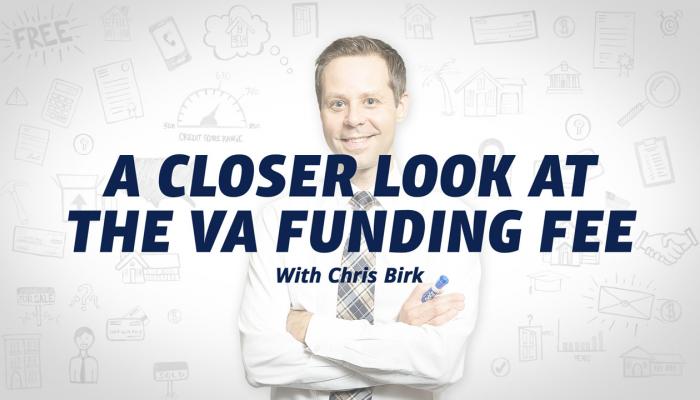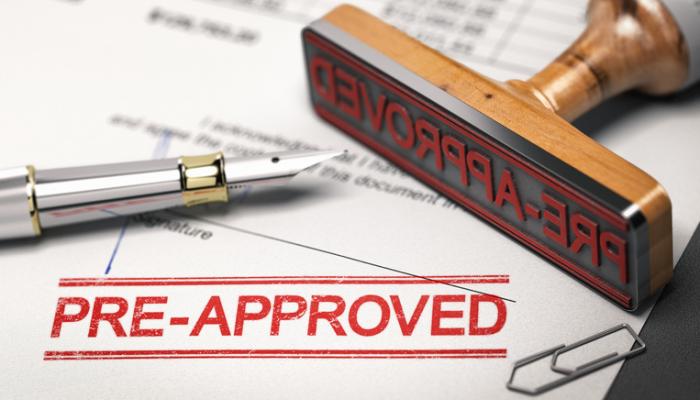An incredibly powerful benefit of the VA home loan is military members' ability to use their Basic Allowance for Housing (BAH) towards their mortgage payments. BAH rates depend on several different factors, so it's crucial to verify your amount with the DOD.
What is Basic Allowance for Housing (BAH)
Basic Allowance for Housing, or BAH, is a monthly allowance paid to eligible service members when government housing isn't available. BAH calculation varies by geographic location, pay grade, and dependency status.
In general, service members with higher ranks and more years of service receive a larger allowance each month for BAH, though there are exceptions. Rates also tend to be higher in major metropolitan areas or regions with higher costs of living.
BAH rate charts are set annually. If you decide to spend less on housing than your eligible rate, you can use the difference for other expenses. However, if your housing costs exceed the predetermined BAH rate, you'll need to make up the difference yourself.
Basic Allowance for Housing and VA Loans
When it comes to your income and purchasing power, active duty military members can often count military allowances as effective income toward getting a mortgage. Probably the single most powerful allowance out there is Basic Allowance for Housing (BAH).
This monthly allowance is for qualified service members stationed in areas where government quarters aren't provided. It's a stipend that helps service members keep up with housing costs if they're living off-post or off-base. There aren't restrictions on BAH that limit service members to renting. You can use this monthly allowance to help you qualify for a VA loan and buy a home.
And your BAH could cover most or even all of your monthly mortgage payment.
Now, to be sure, everybody's situation is different, and homeownership isn't the right fit for every active duty military member. But if you're getting BAH and you're interested in buying a home, it's a pretty incredible opportunity if the pieces come together.
How Basic Allowance for Housing Works
The Defense Department sets BAH rates on an annual basis, and the amount can vary depending on geography, pay grade, and whether you have dependents. DOD looks at current rental costs in the area and things like average utilities and renters insurance costs. The rate is based on a service member's duty location, not on the location of the residence.
Service members stationed in more expensive parts of the country typically have higher BAH rates, which allows them to better compete in more expensive civilian housing markets.
While BAH rates are subject to change each year, the Defense Department has instituted rate protection that prevents your BAH from going down. This protection remains in place unless the service member changes duty stations, experiences a pay grade reduction, or has a change in dependent status.
Mortgage lenders will typically verify your BAH through your Leave and Earnings Statement (LES), and they'll want to feel confident you're likely to continue receiving it.
Check out our BAH calculator with 2024 rates for your duty station and paygrade.
Does BAH Count as Income?
Yes, because BAH is non-taxable, VA lenders can "gross-up" this income to create what's essentially a pre-tax, or gross, figure for calculating your debt-to-income (DTI) ratio.
Basic Allowance for Housing & Buying a Home
Let's build a couple of basic examples to show you what BAH can mean for a homebuying budget.
To help us create a consistent and more realistic picture of purchasing power, let's assume the following information:
- We'll say you're an E-4 with dependents
- Your have a 6.5% interest rate for a 30-year fixed-rate VA loan
- Your monthly payment includes property taxes and homeowners insurance
- We'll look at BAH at two different duty stations: Fort Campbell in Kentucky, and Fort Belvoir in Virginia
The average BAH rate for an E-4 at Fort Campbell with dependents is about $1,600. Using just this $1,600 as your housing budget, you could roughly look to buy a $205,000 house based on our example loan parameters. That purchasing power is based solely on your BAH rate.
If you wanted to pump another $500 a month from your monthly base pay into your housing budget, you're now talking about a monthly mortgage payment of around $2,100. At that amount, your purchasing power jumps to $270,000, just by putting $500 of your regular pay toward housing each month.
Now, let's look at a more expensive housing market. The average BAH rate for this same E-4 stationed at Fort Belvoir is about $2,800.
With the same example loan parameters as before, just that $2,800 BAH payment could buy you a $360,000 home. Putting that same $500 from your regular pay toward housing in this market pushes your purchasing power to about $425,000.
Answer a few questions below to speak with a specialist about what your military service has earned you.
Putting Basic Allowance for Housing to Use
Now, you certainly don't have to push your BAH to the limit. Depending on your housing costs, it's possible to have BAH left over each month to pay for things like utilities and other household expenses. But it's also important to understand that BAH may not cover your entire mortgage payment.
Remember, too, that changes to your service or your family situation can affect your BAH rate. Most active-duty homeowners are going to relocate. In some military communities, it might be easy to turn around and sell or rent out your home when the time comes to PCS. But there are no guarantees.
BAH can be an incredibly powerful tool for VA homebuyers. Talk with a Veterans United loan specialist at 855-259-6455 about your specific situation and what might make the most sense given your homebuying and financial goals.
A final note: Basic Allowance for Housing for active-duty military members is different from the monthly housing allowance provided to veterans utilizing their Post-9/11 GI Bill education benefits. Lenders will not count educational assistance income toward mortgage qualification.
Related Posts
-
 2024 VA Funding Fee: Complete Explainer with Charts and ExemptionsThe VA funding fee is a governmental fee required for many VA borrowers. However, some Veterans are exempt, and the fee varies by VA loan usage and other factors. Here we explore the ins and outs of the VA funding fee, current charts, who's exempt and a handful of unique scenarios.
2024 VA Funding Fee: Complete Explainer with Charts and ExemptionsThe VA funding fee is a governmental fee required for many VA borrowers. However, some Veterans are exempt, and the fee varies by VA loan usage and other factors. Here we explore the ins and outs of the VA funding fee, current charts, who's exempt and a handful of unique scenarios. -
 Can Your Mortgage Be Denied After Preapproval?It is possible for you to get denied for a home loan after being preapproved. Find out why this may happen and what you can do to prevent it.
Can Your Mortgage Be Denied After Preapproval?It is possible for you to get denied for a home loan after being preapproved. Find out why this may happen and what you can do to prevent it.


